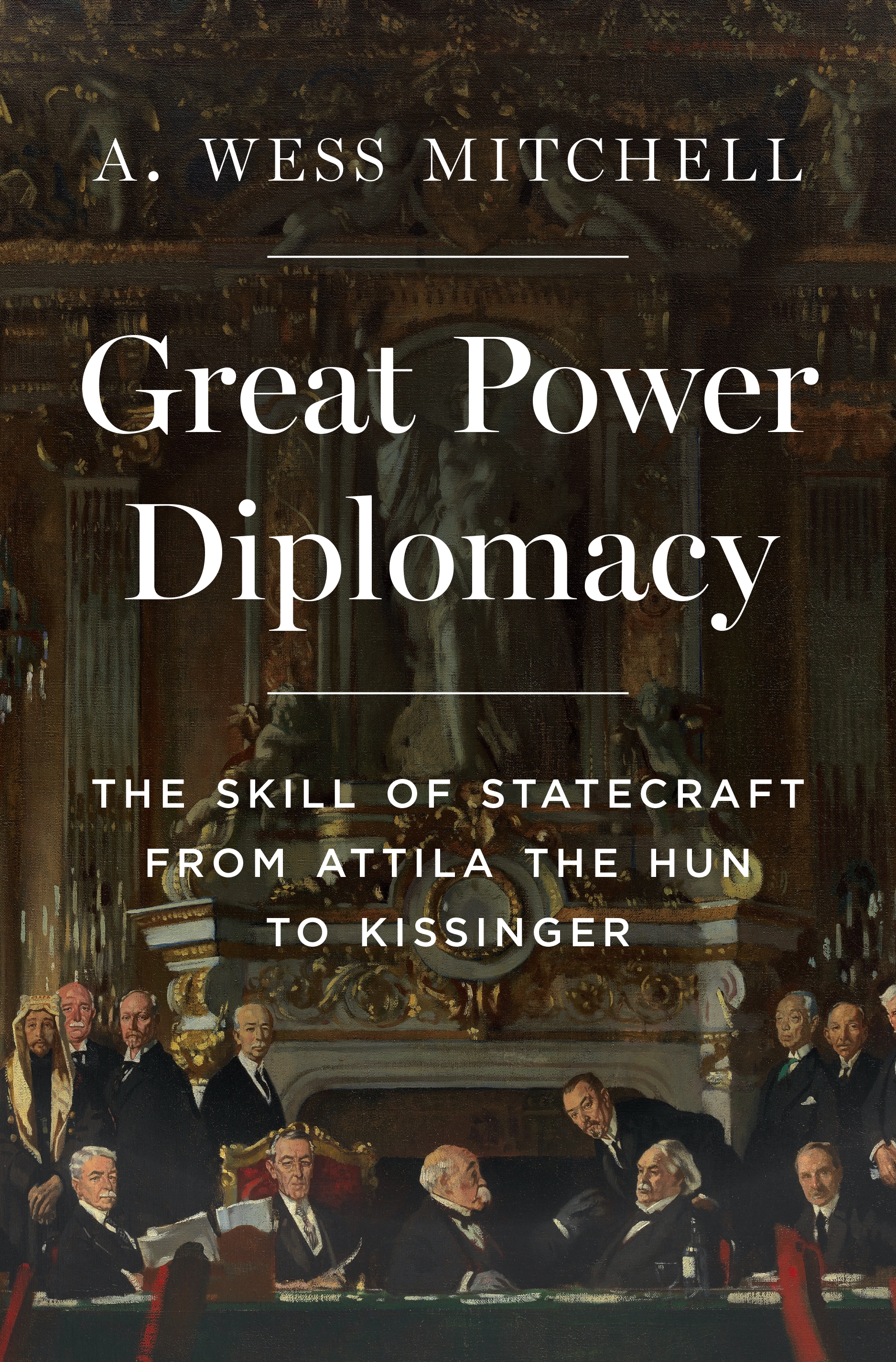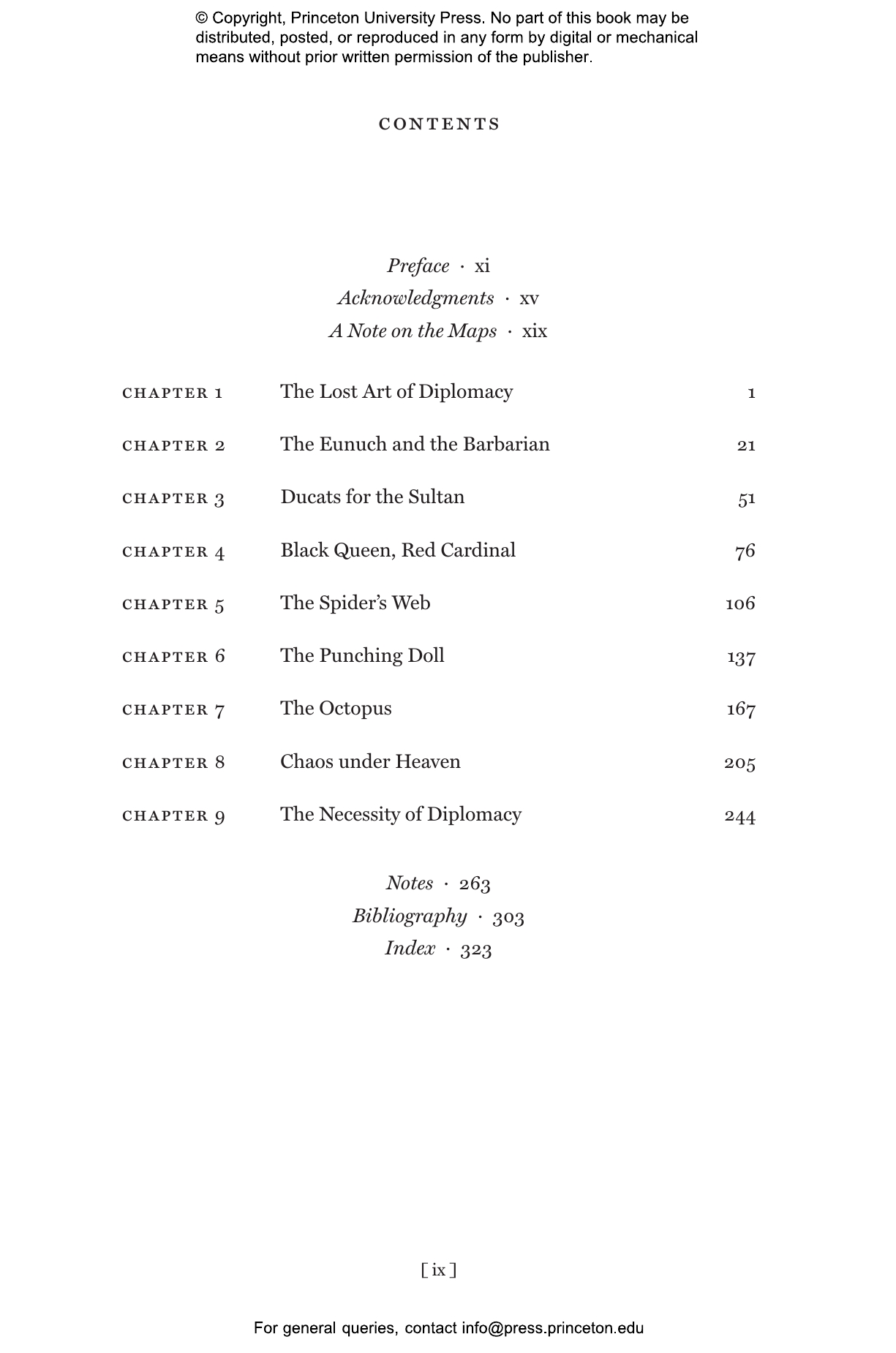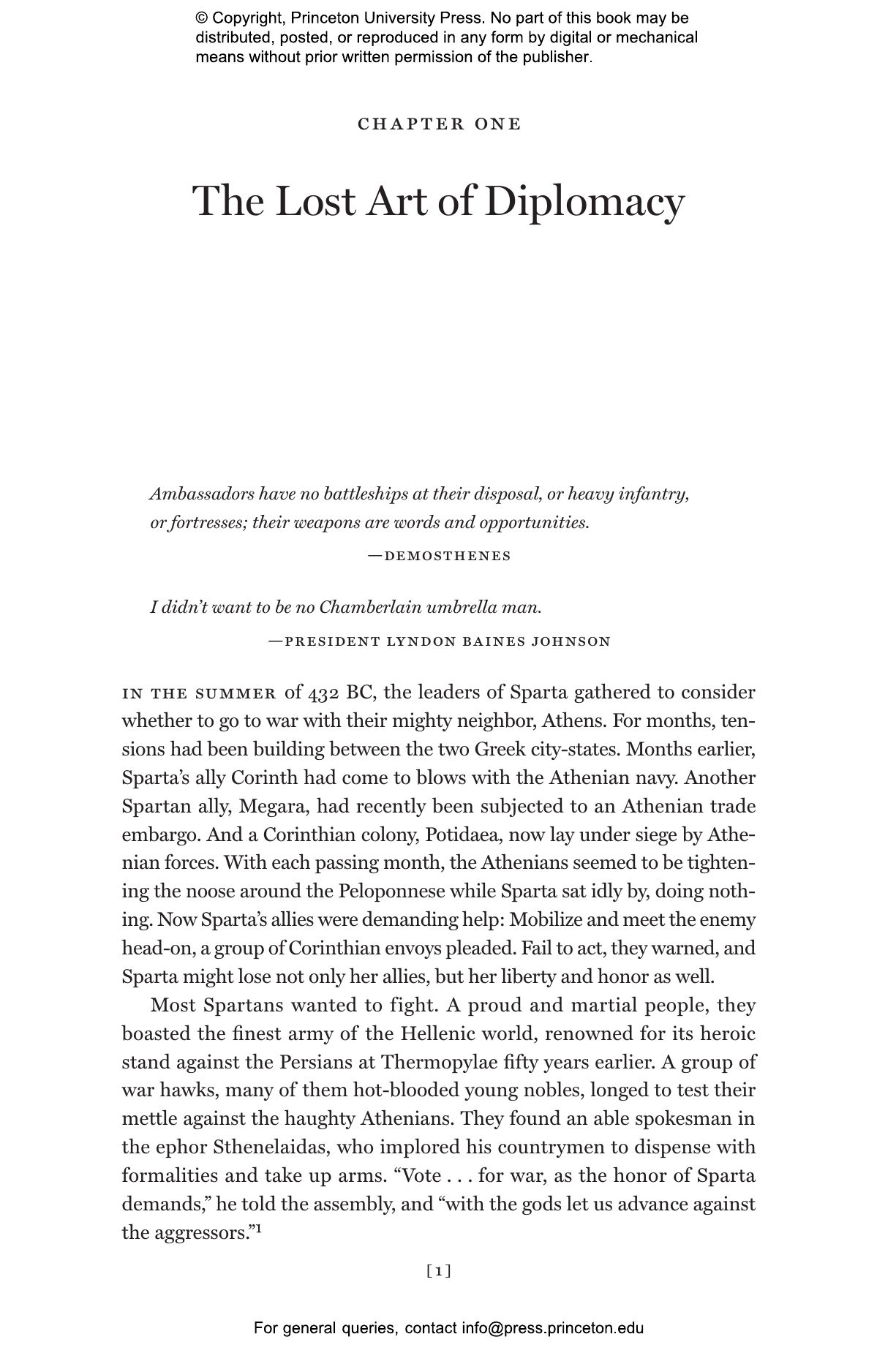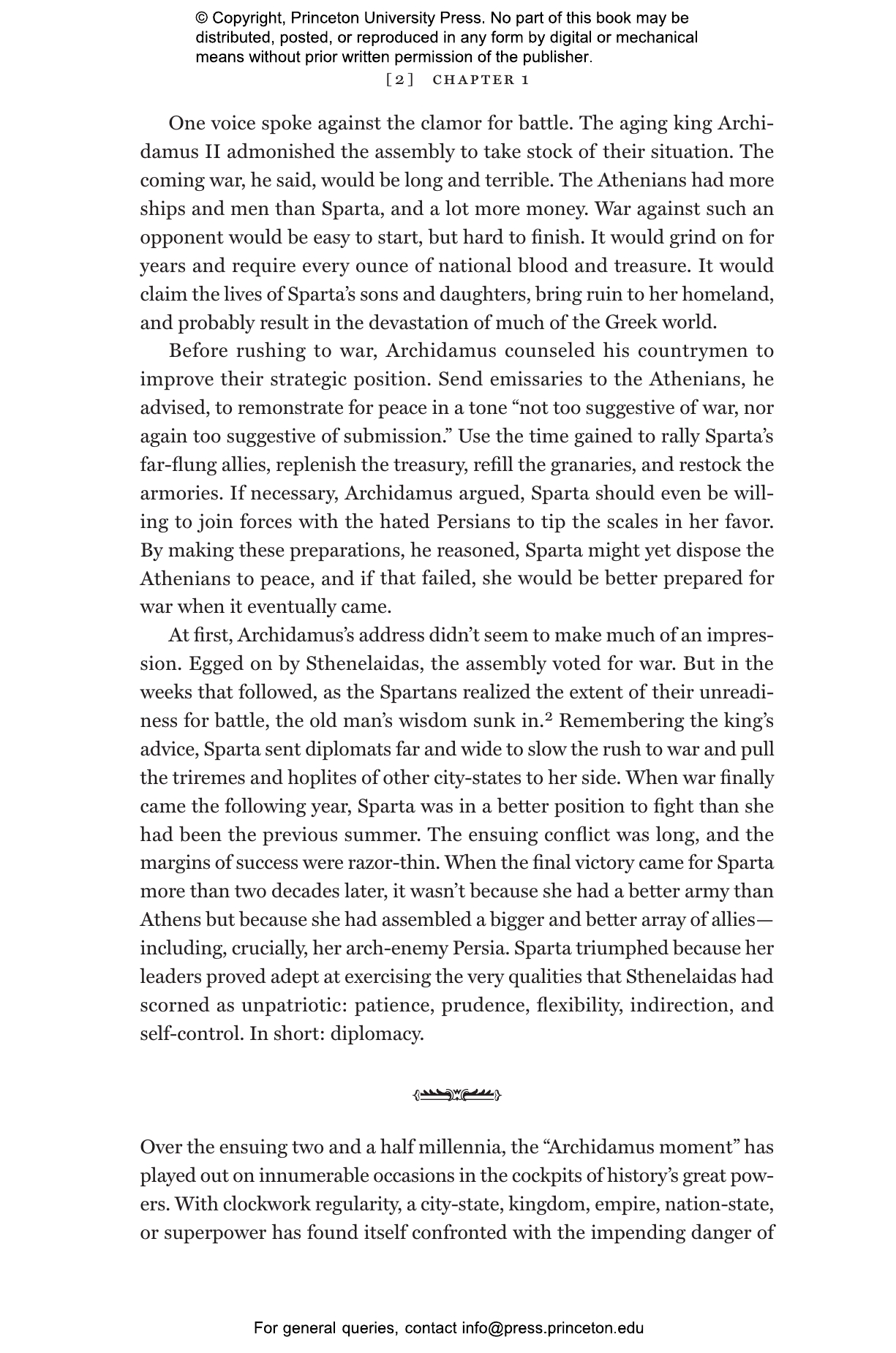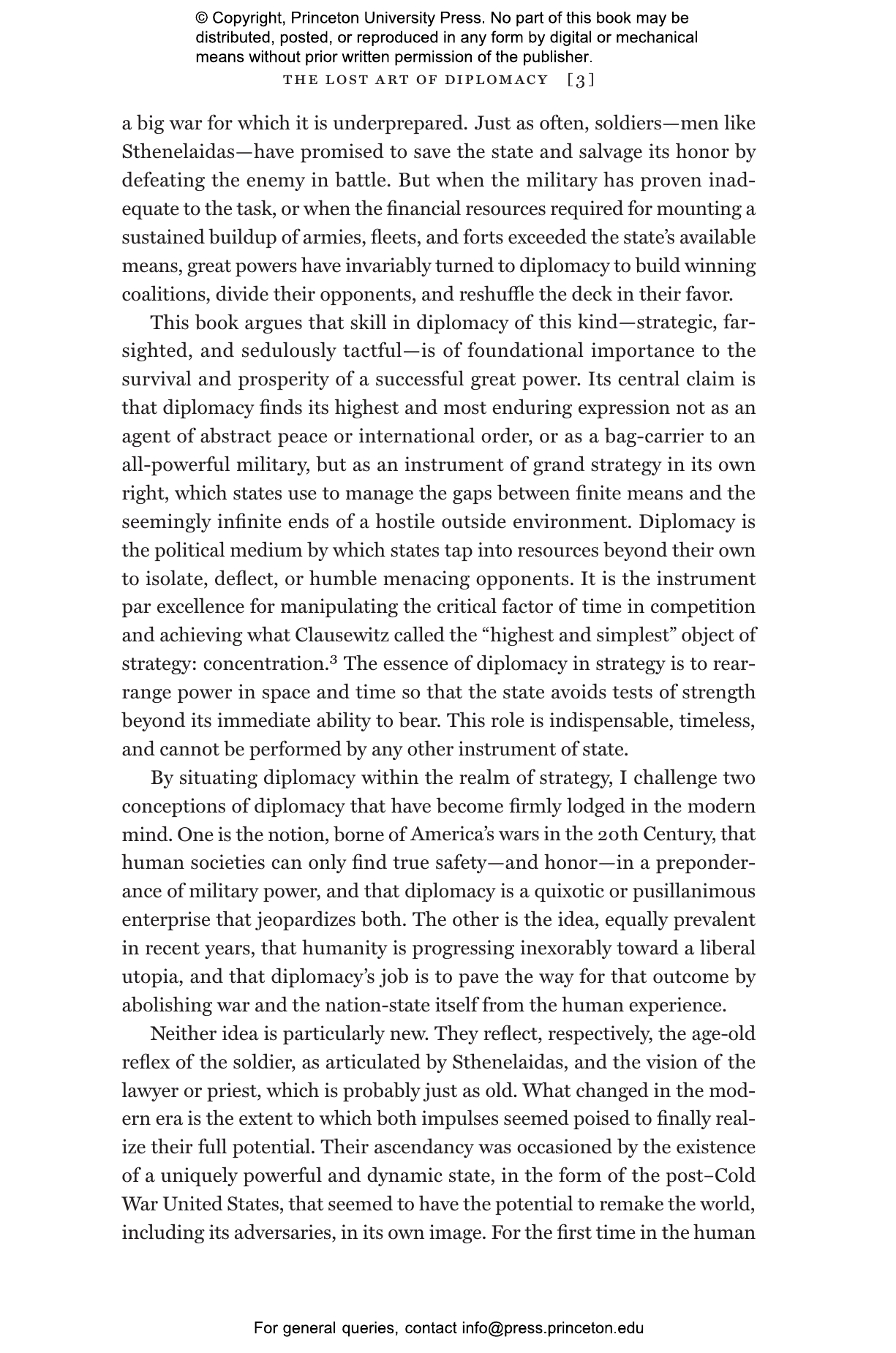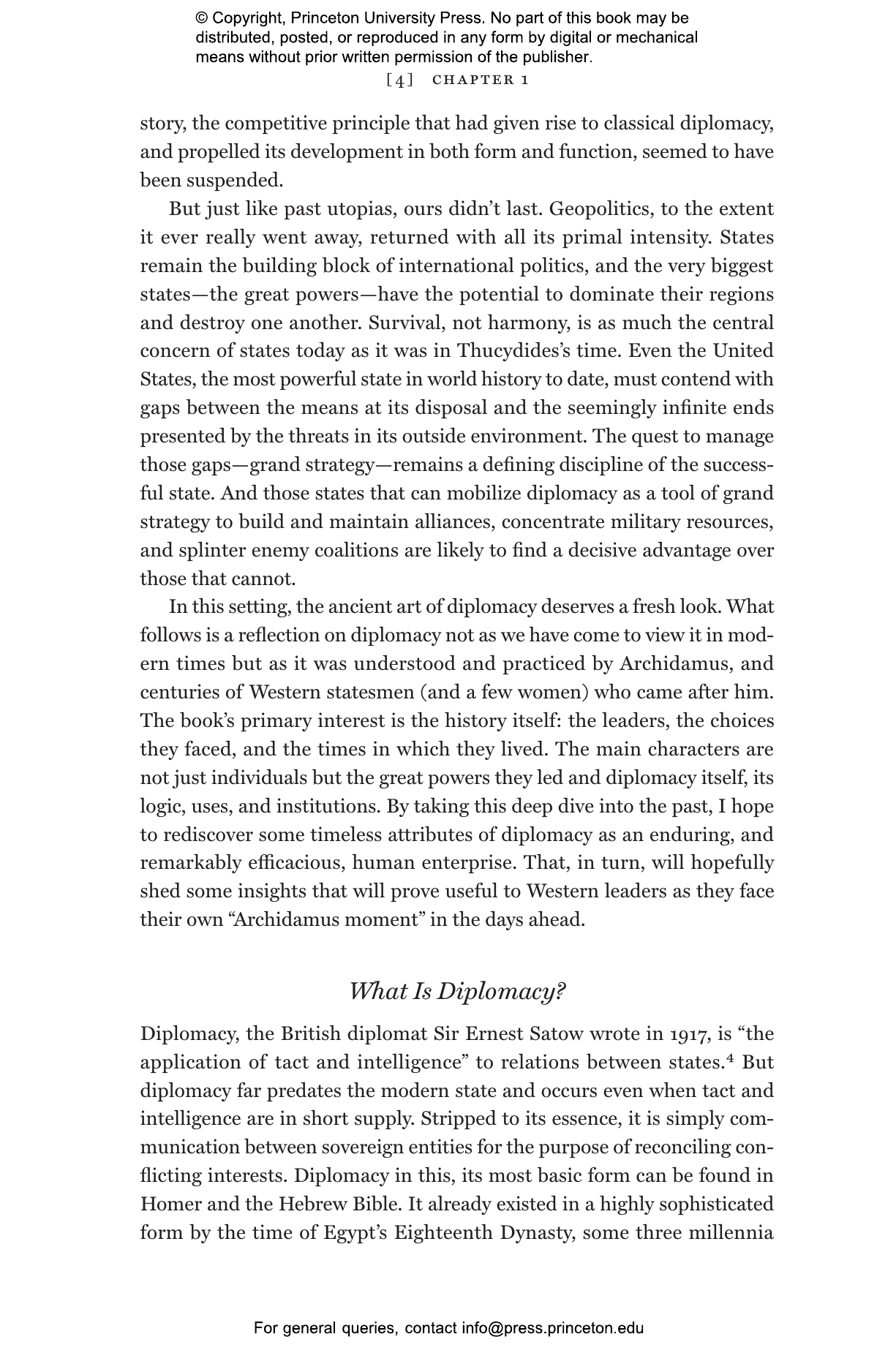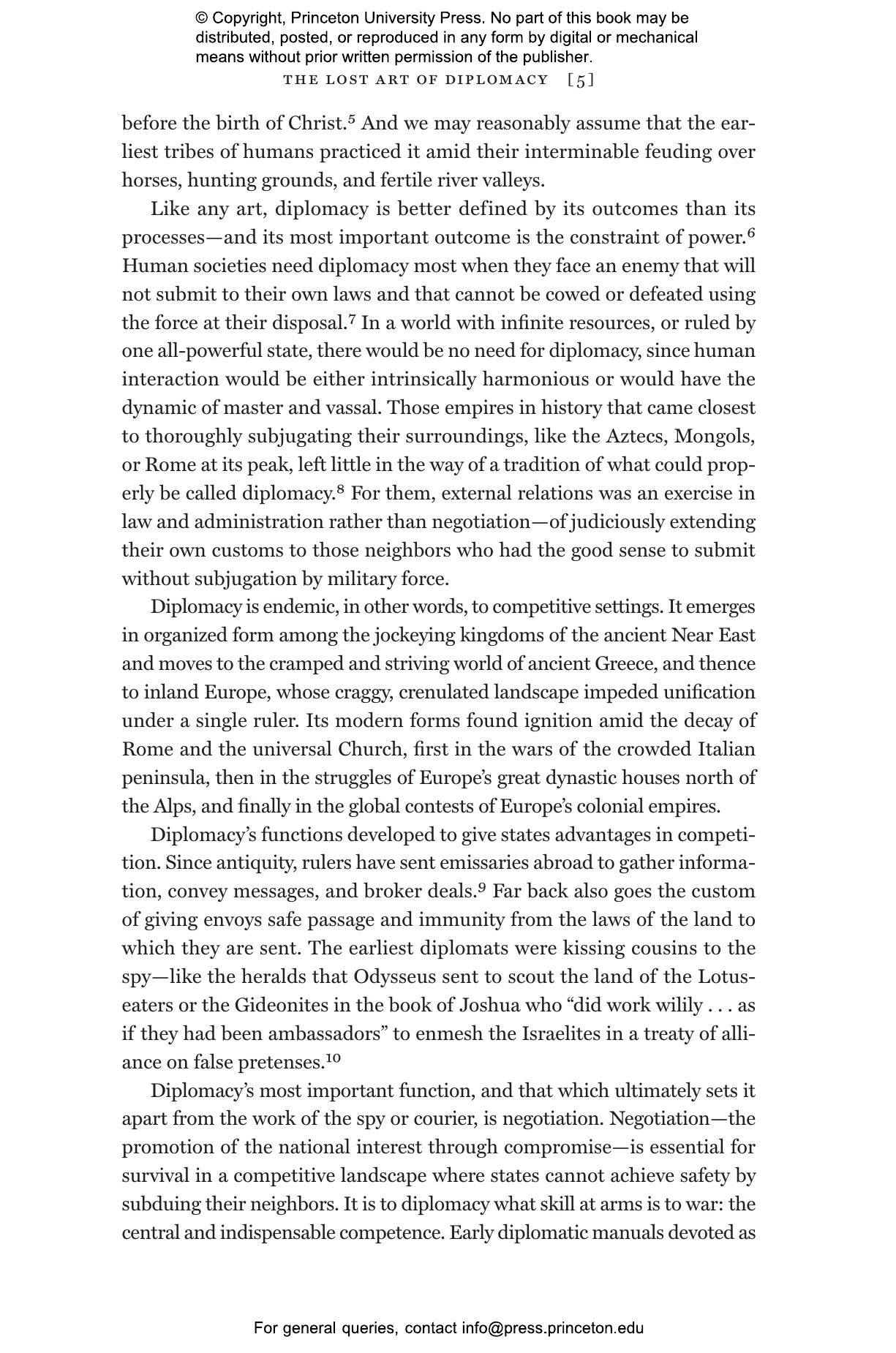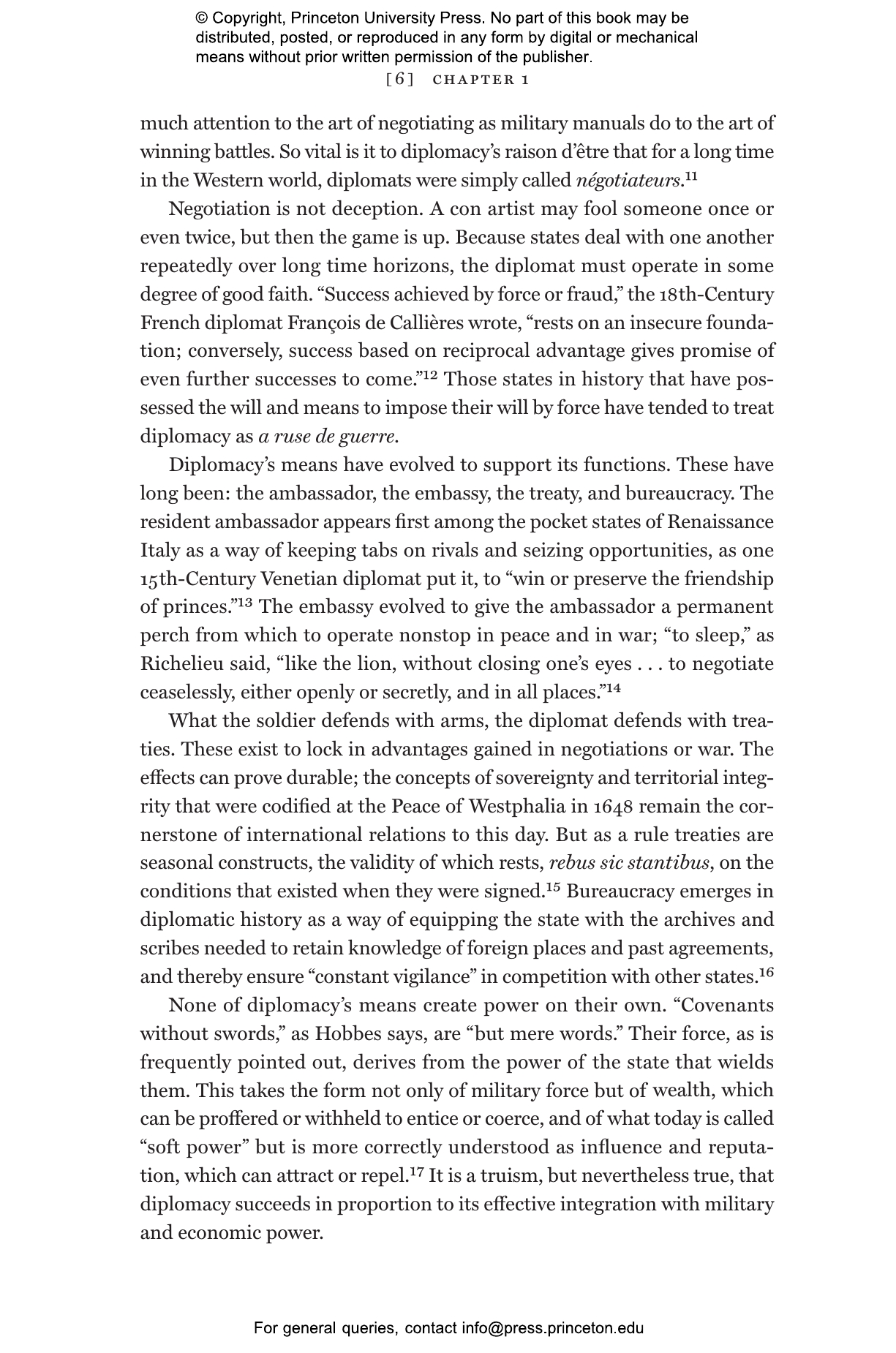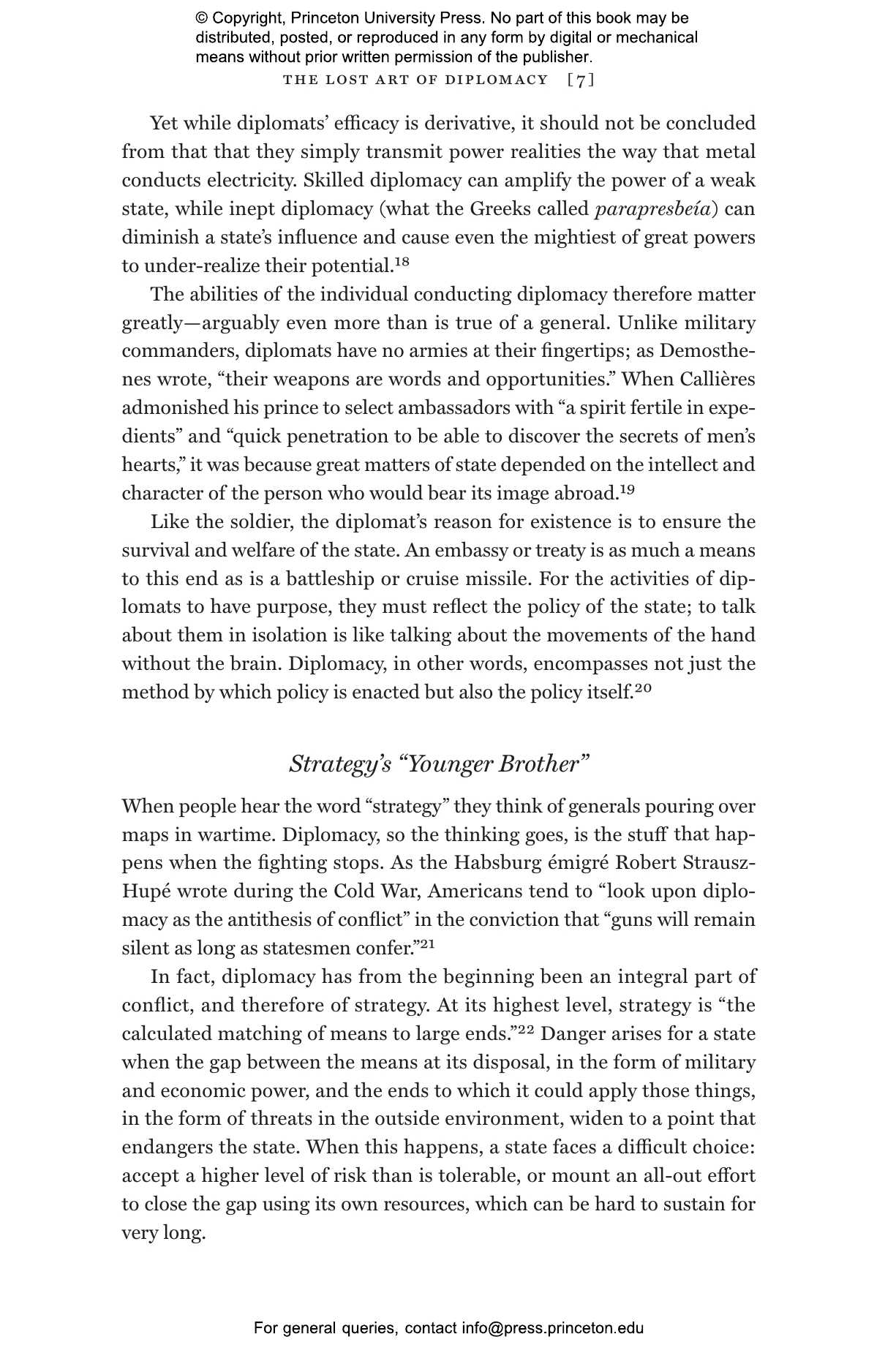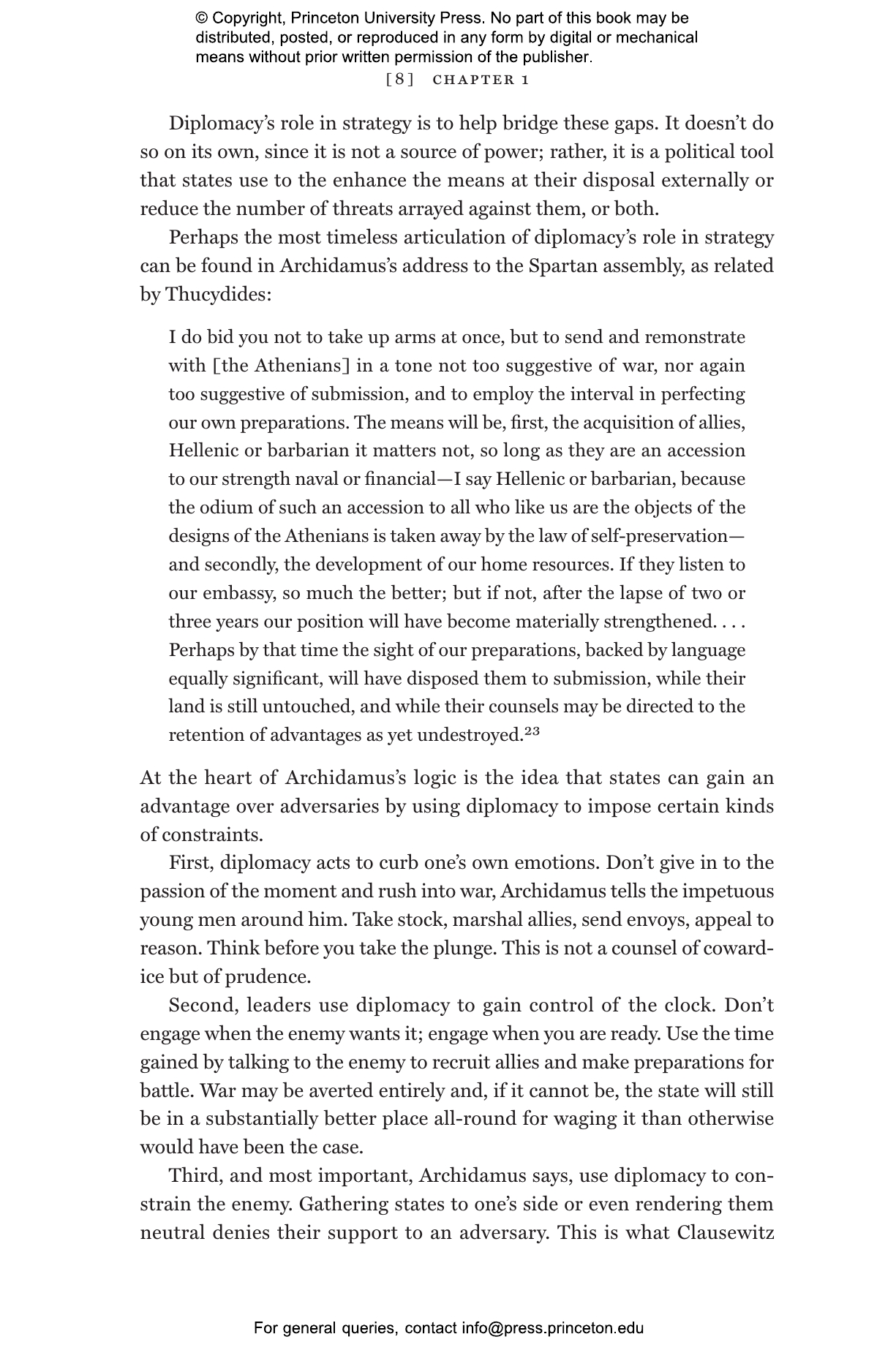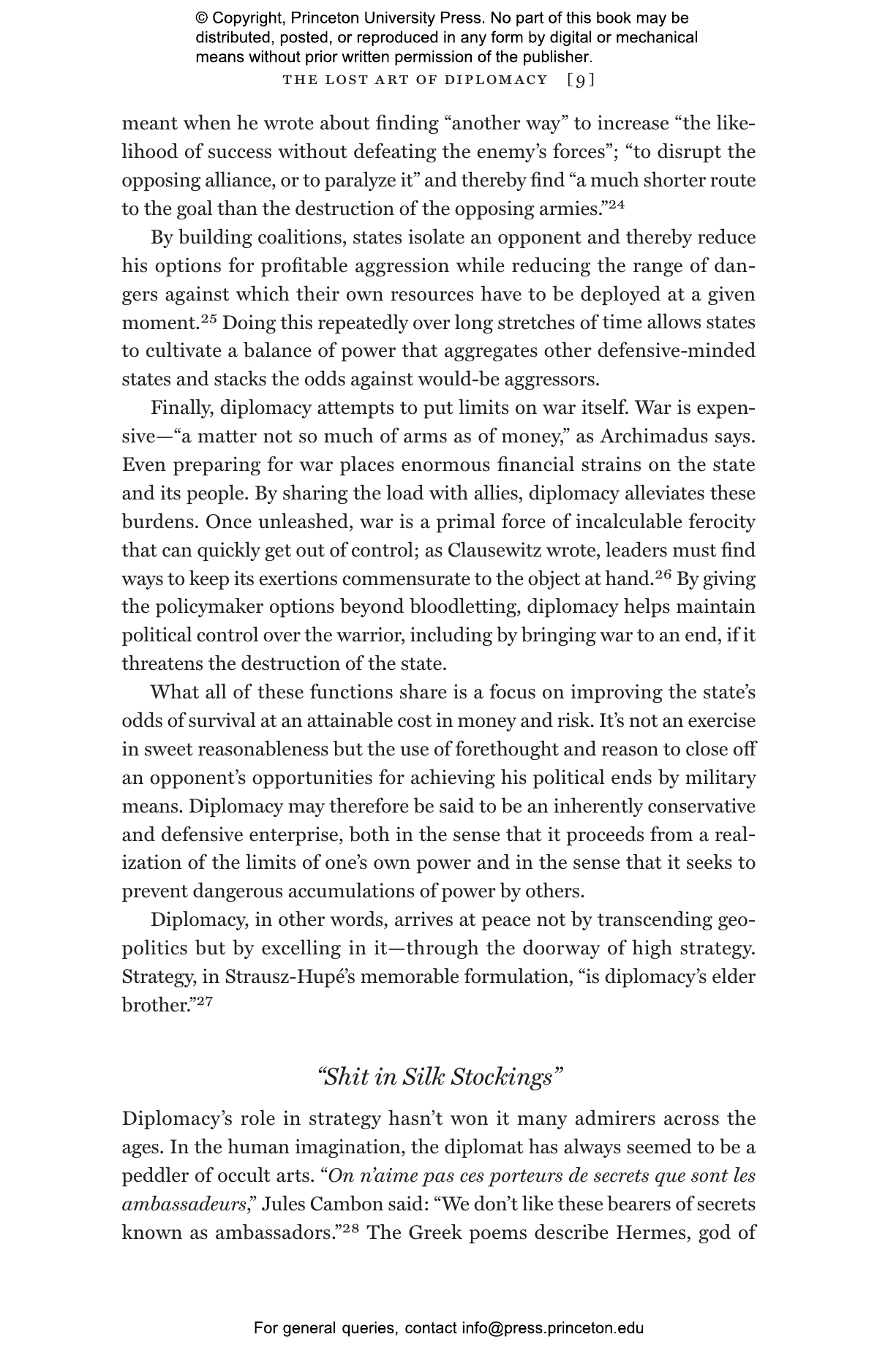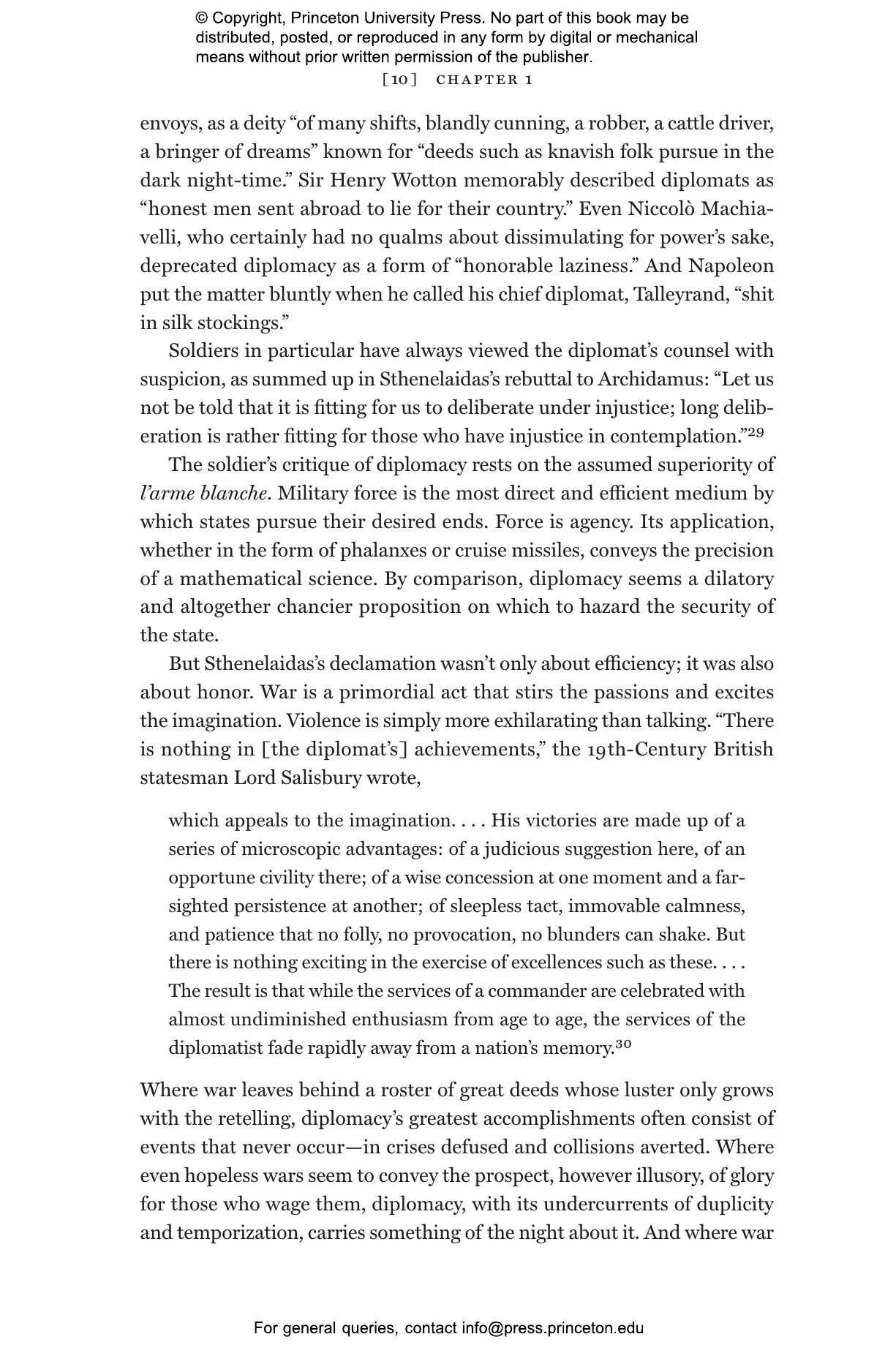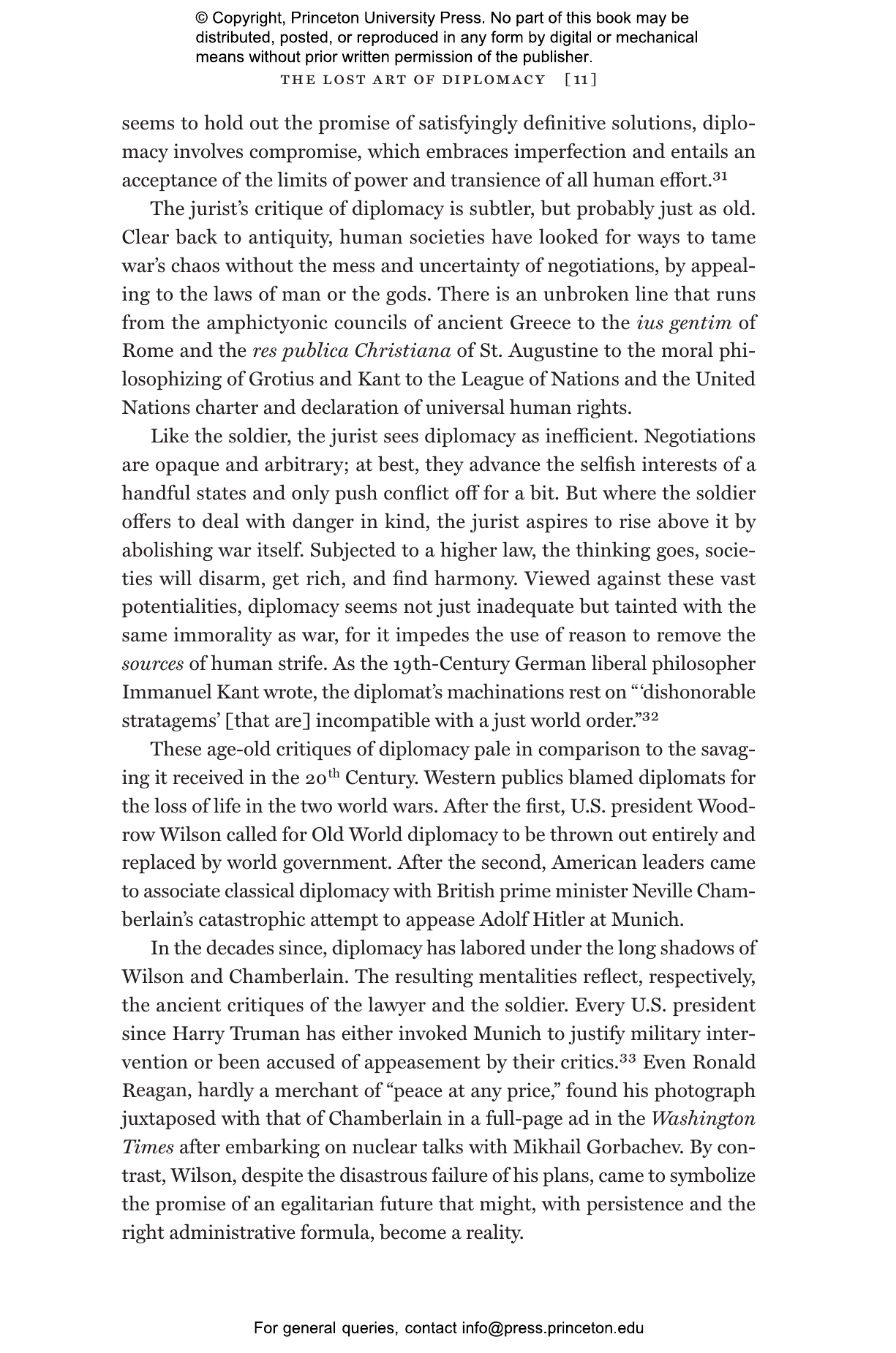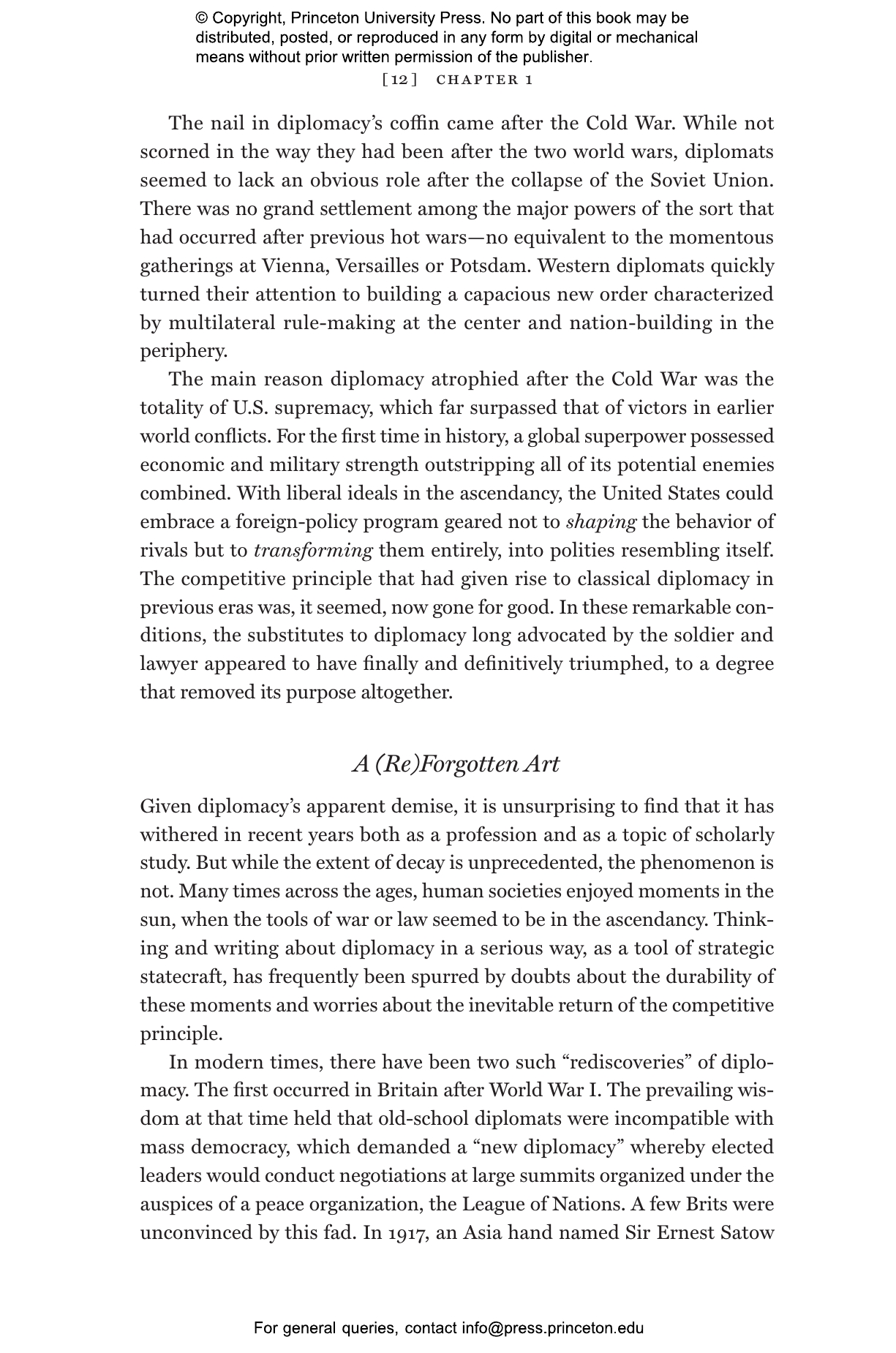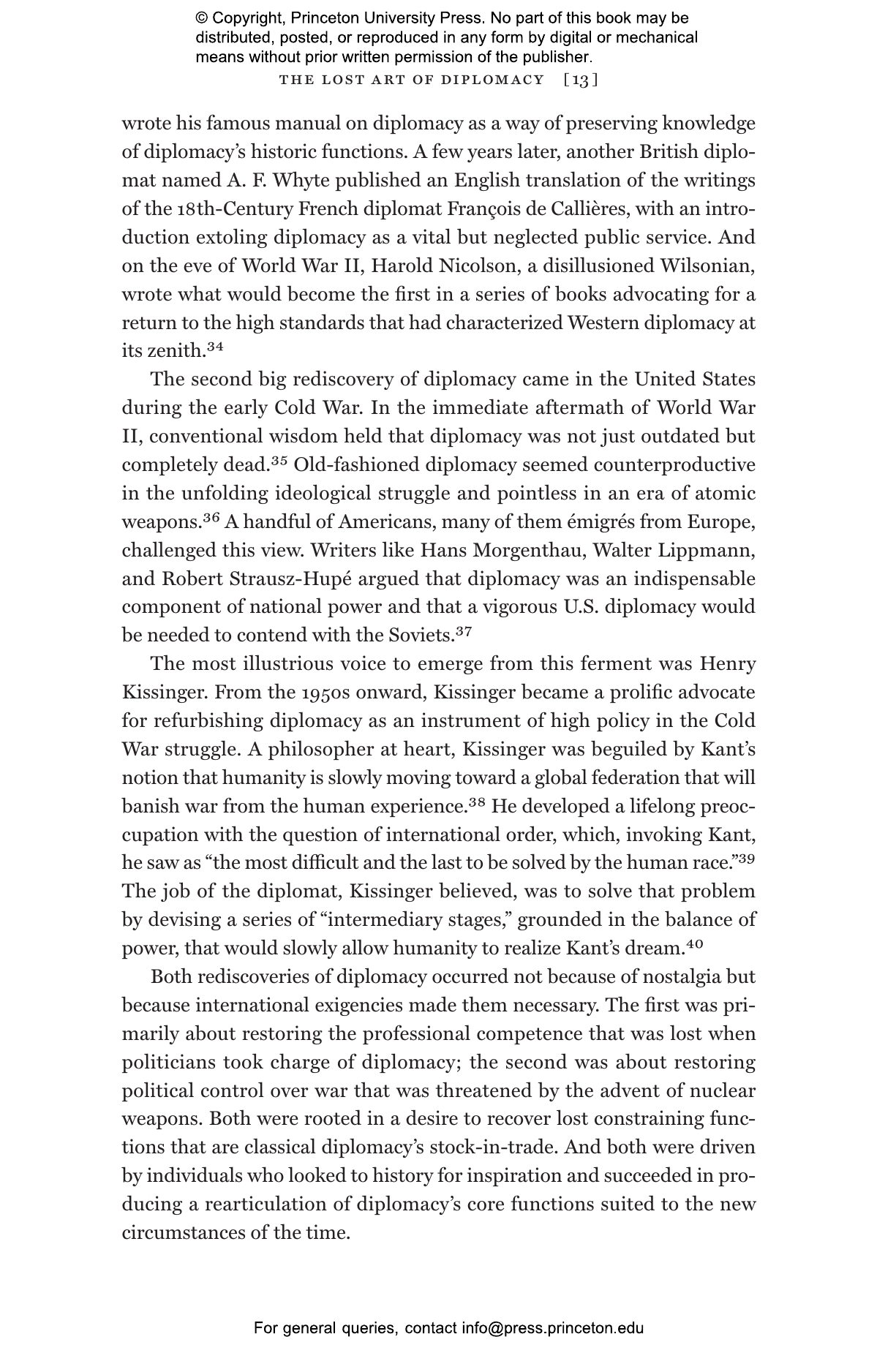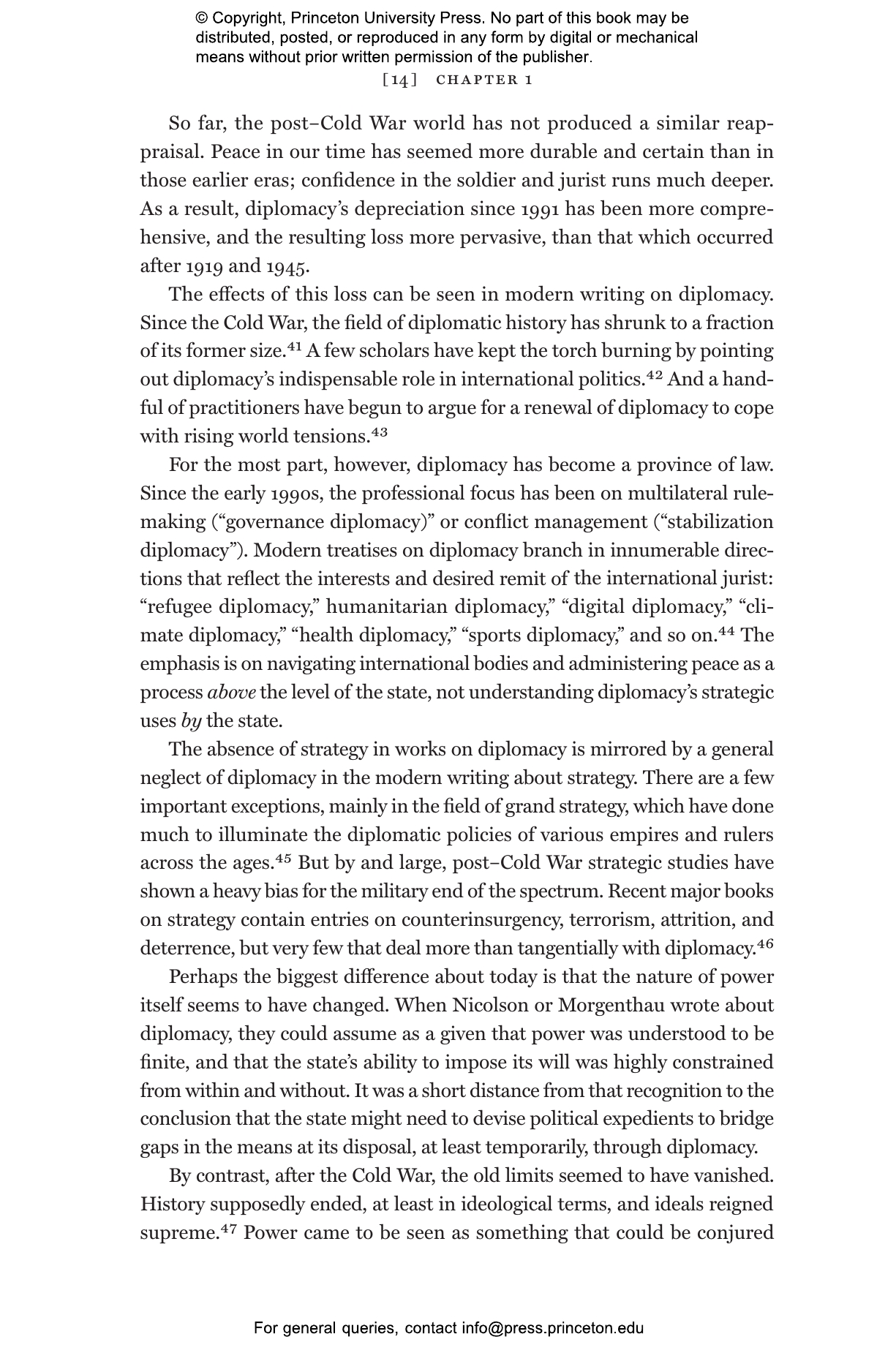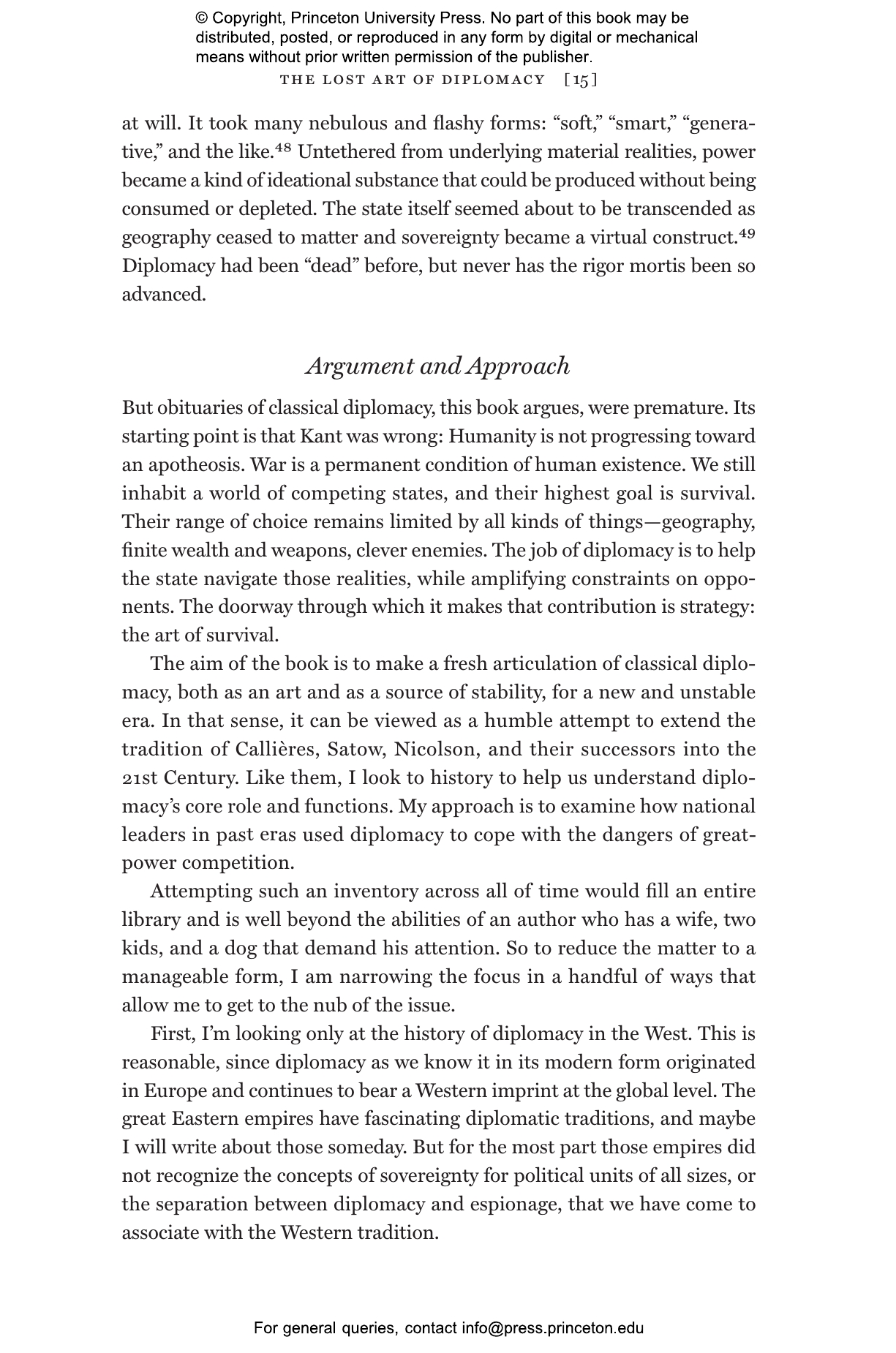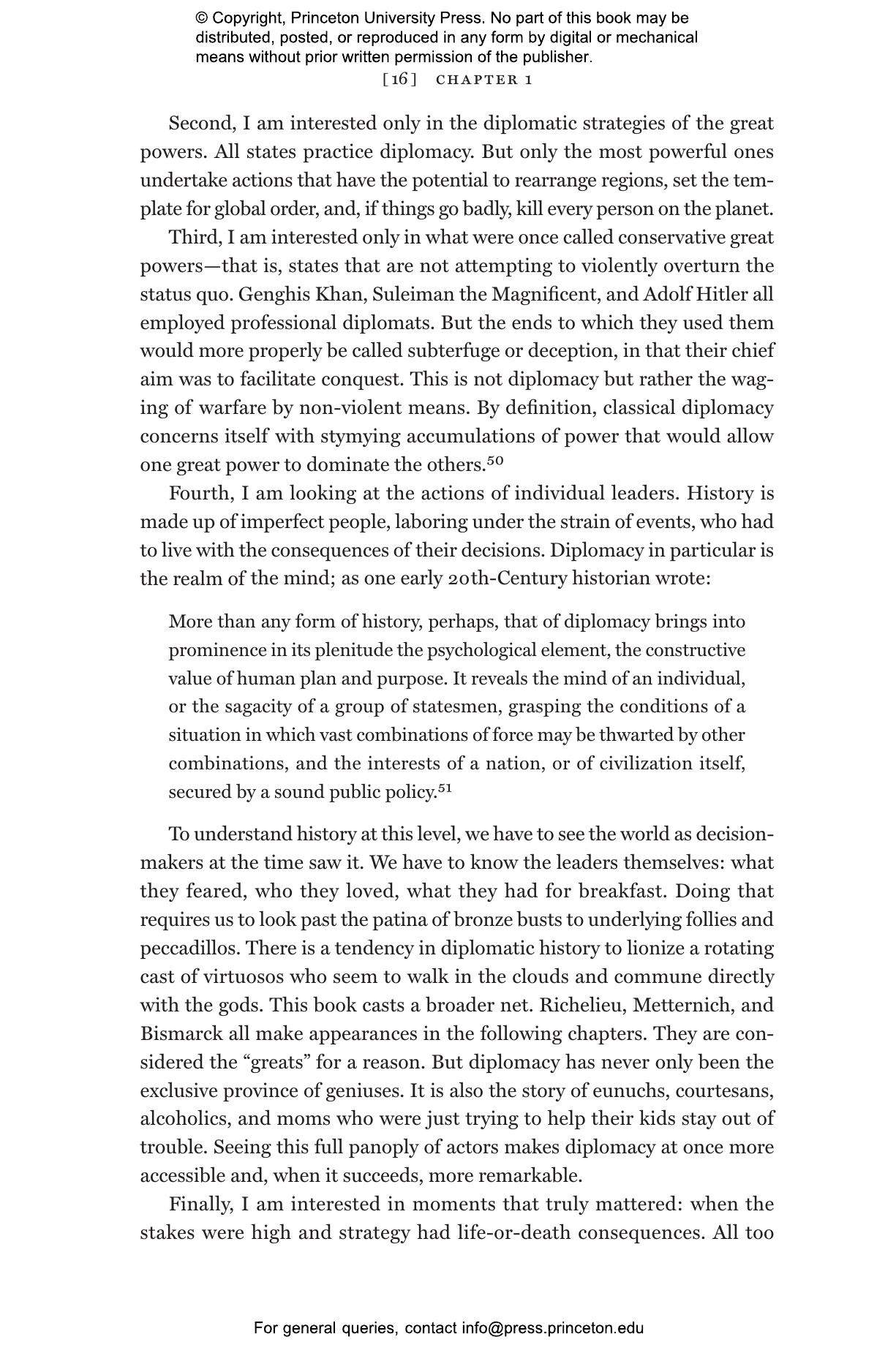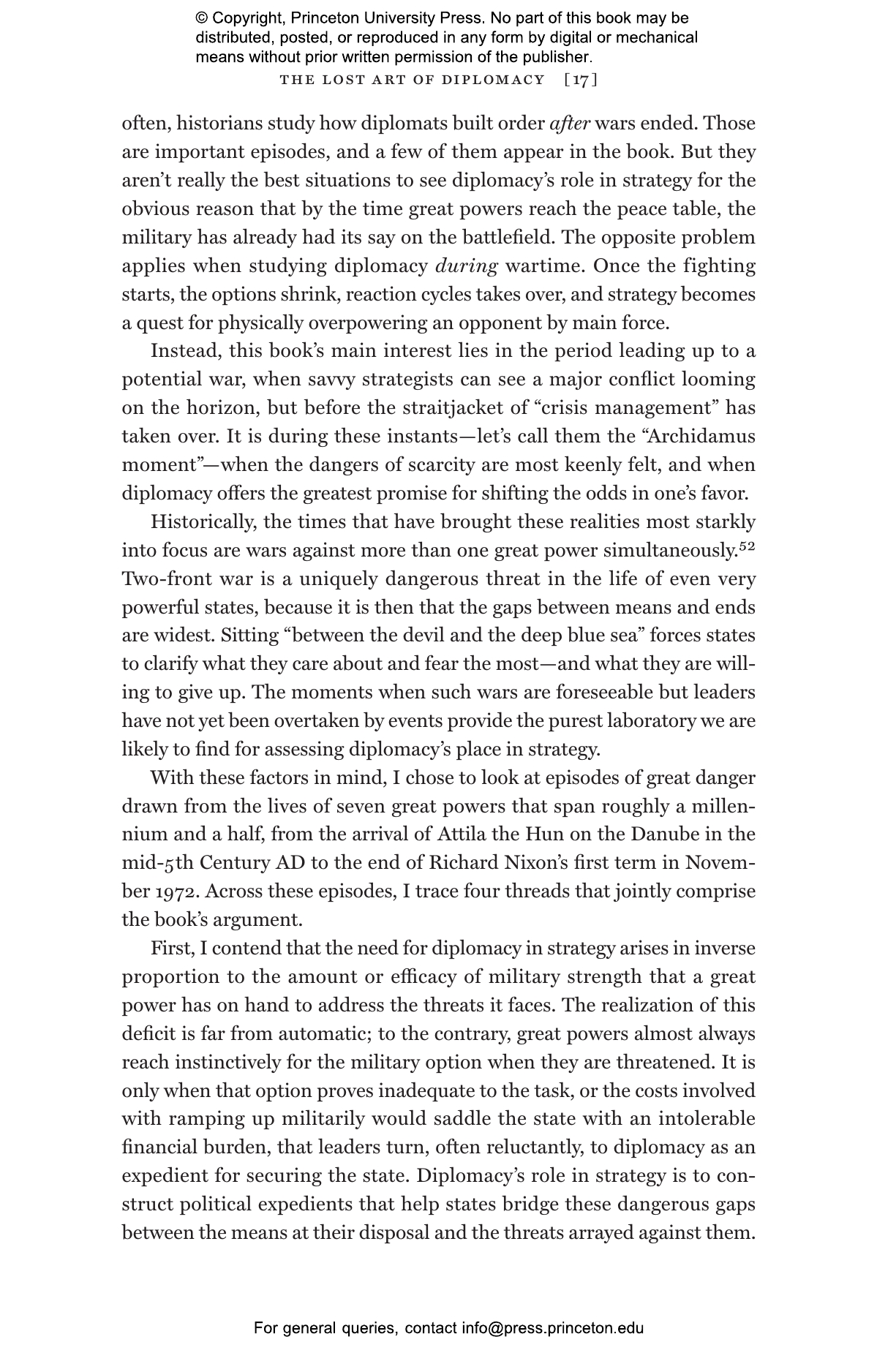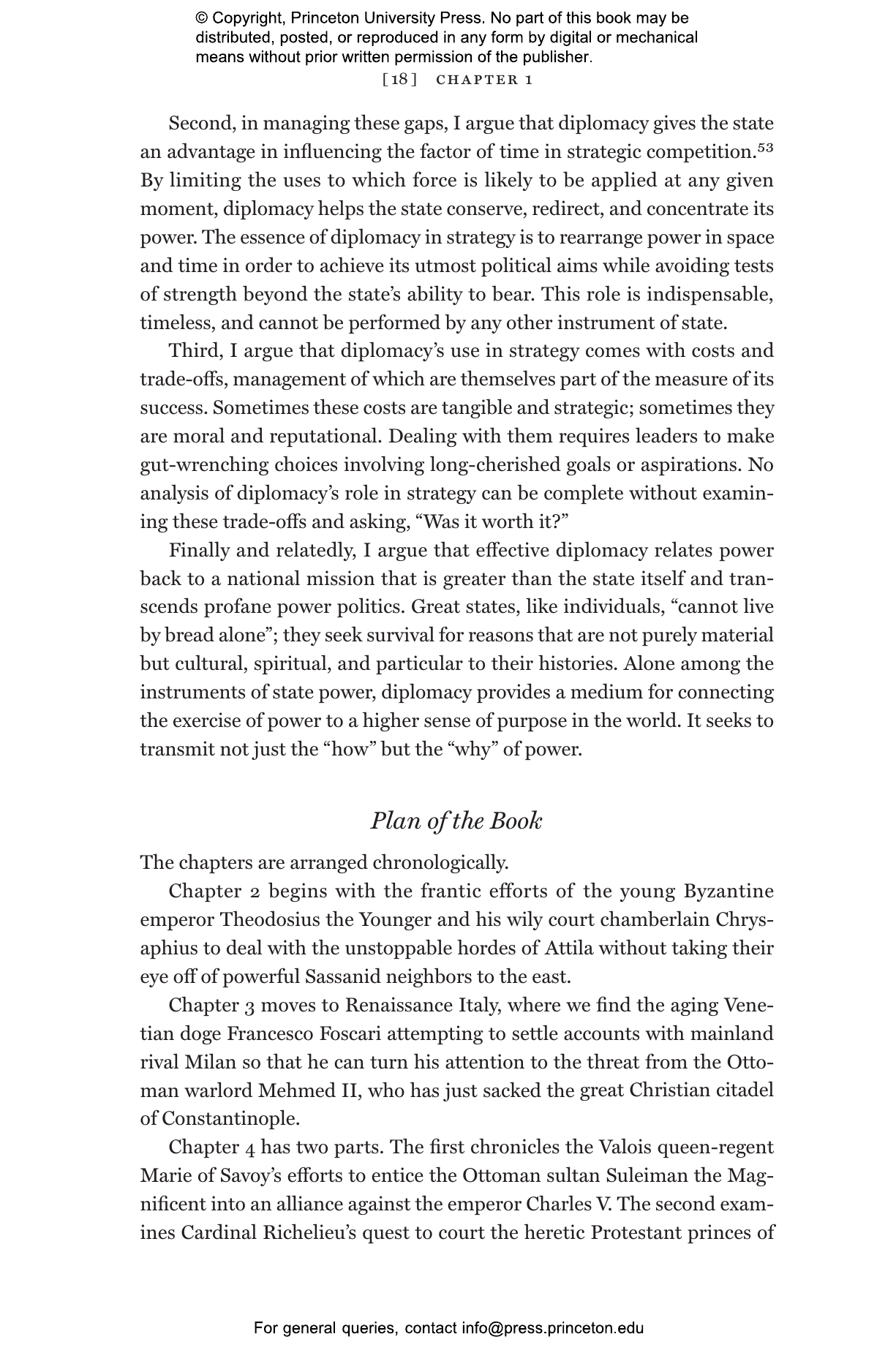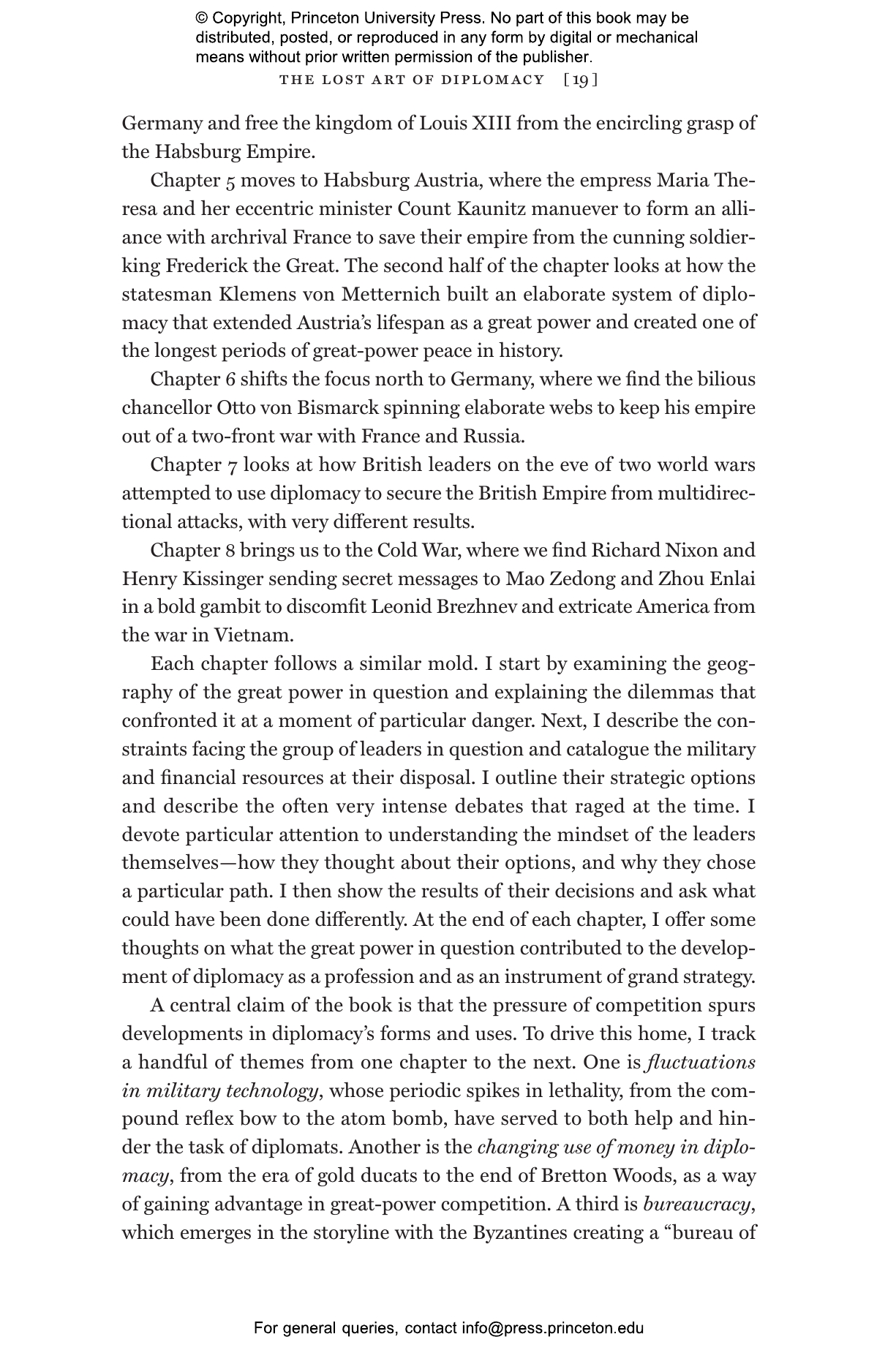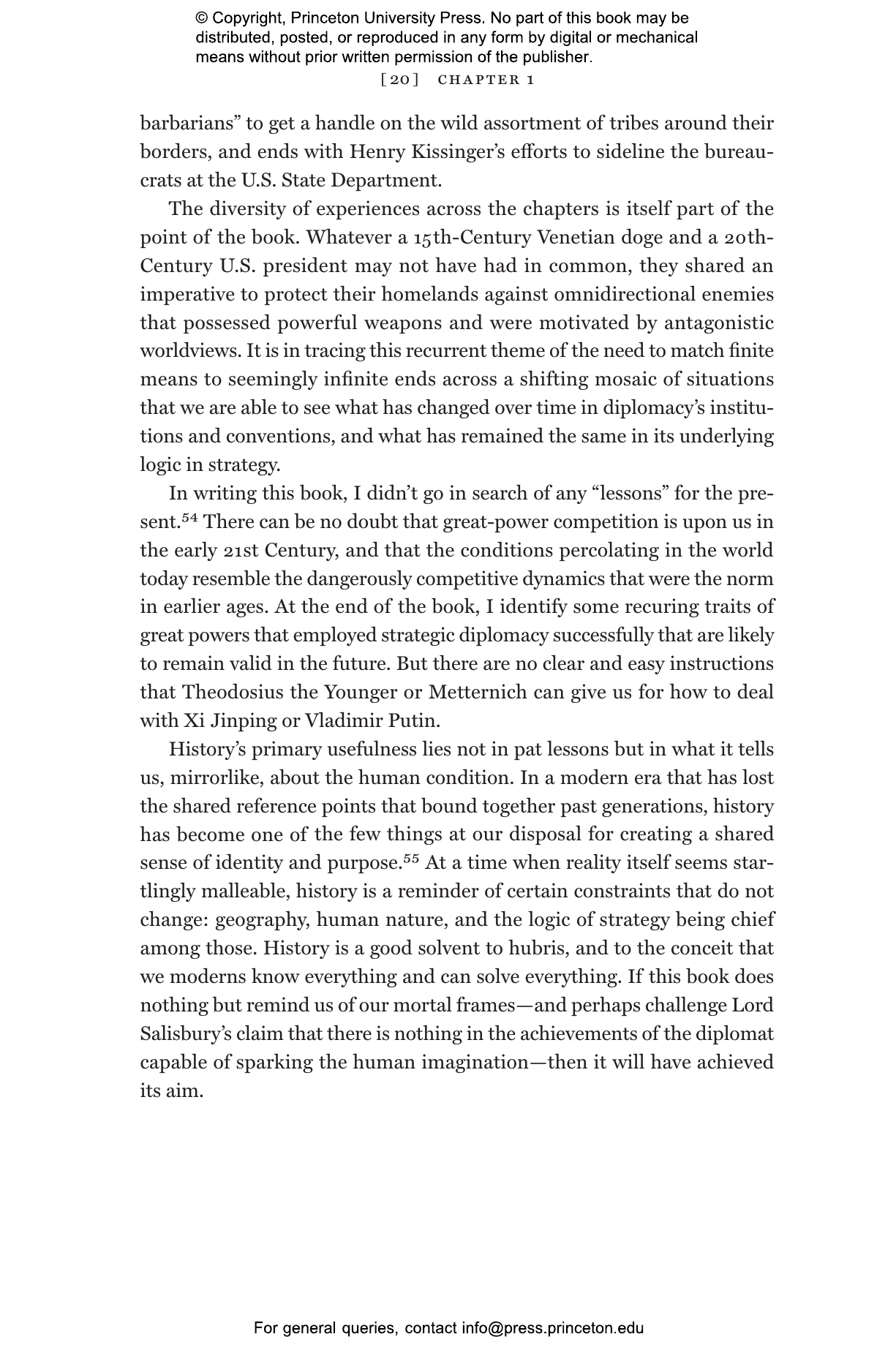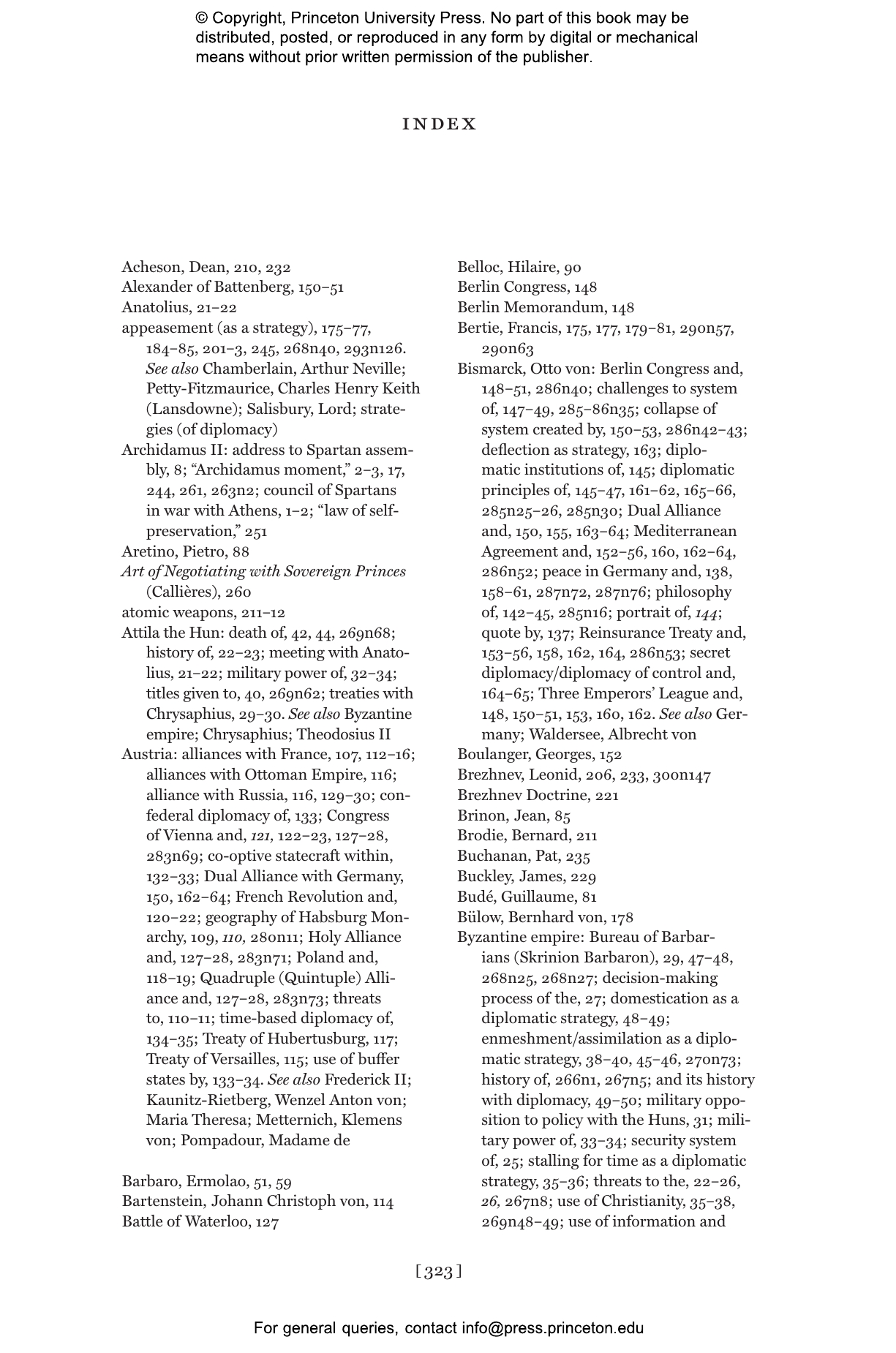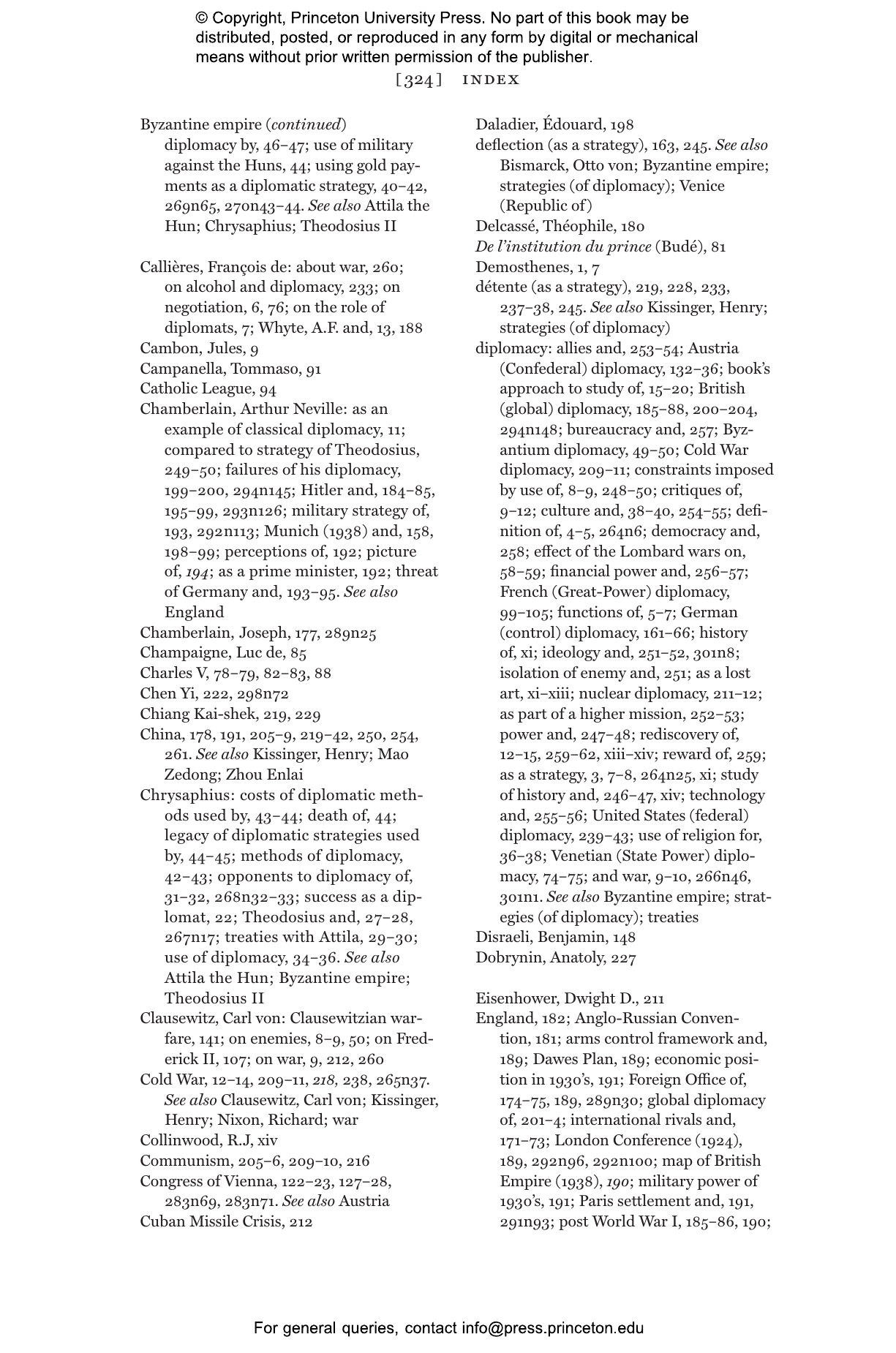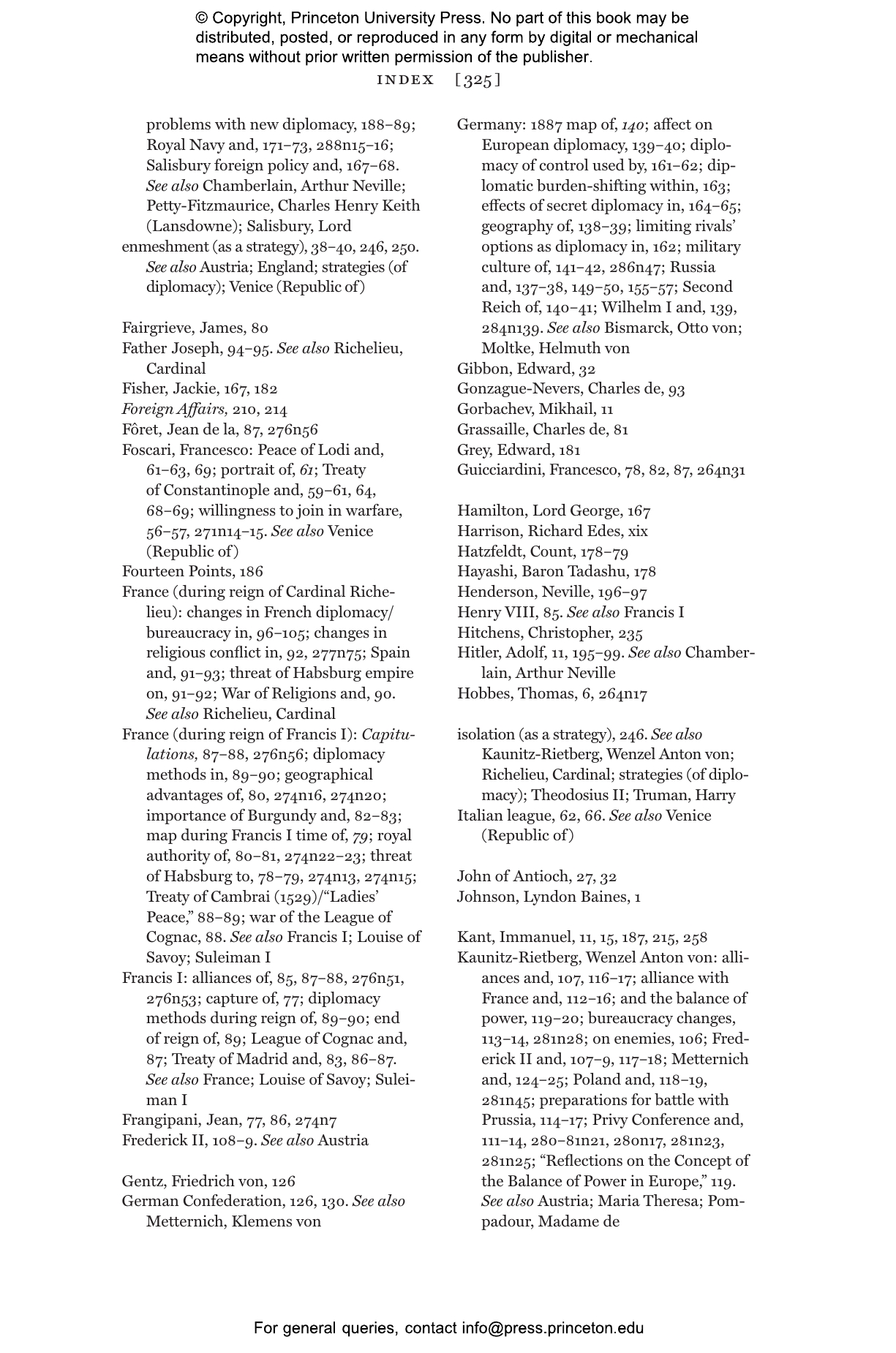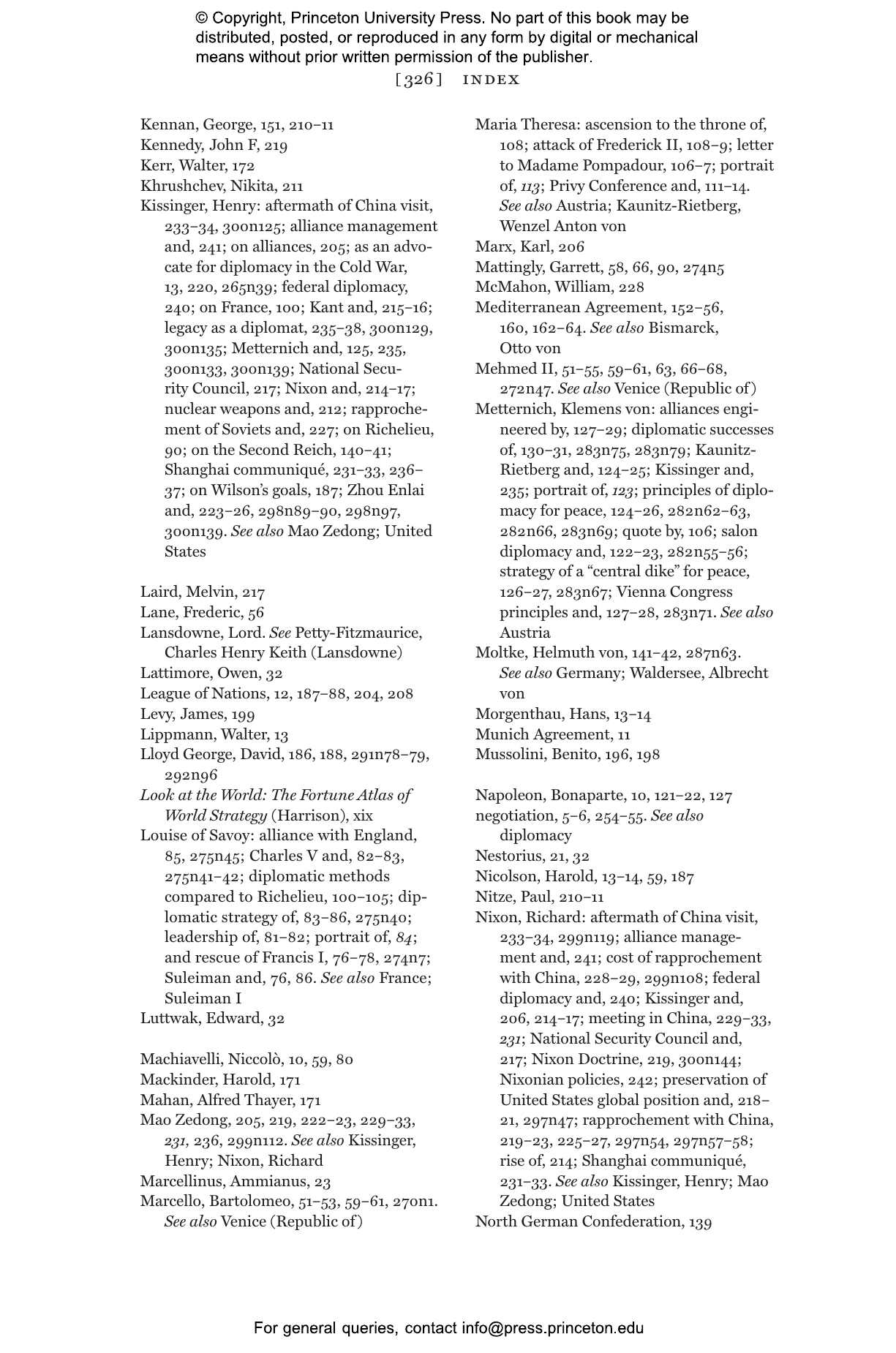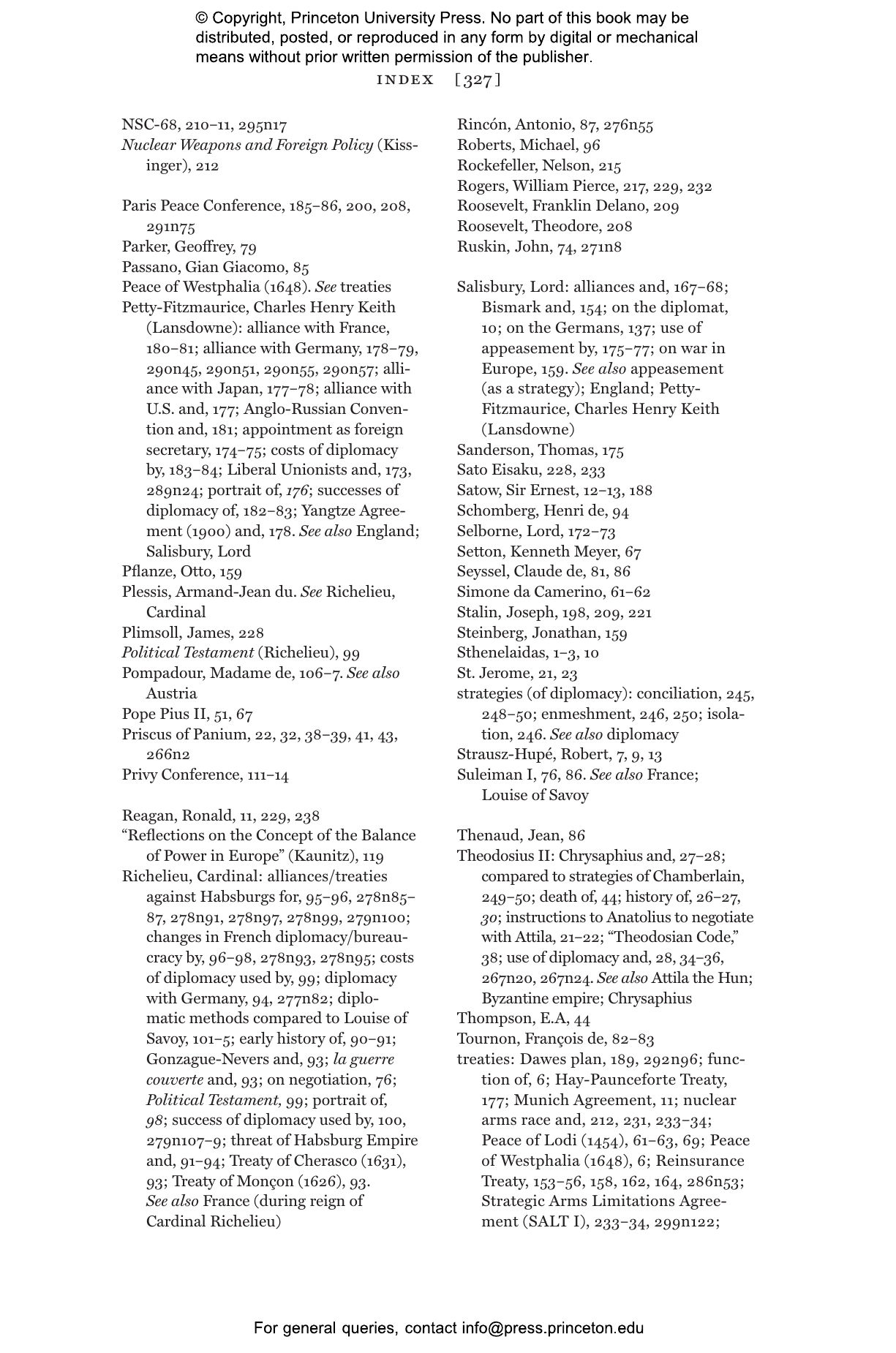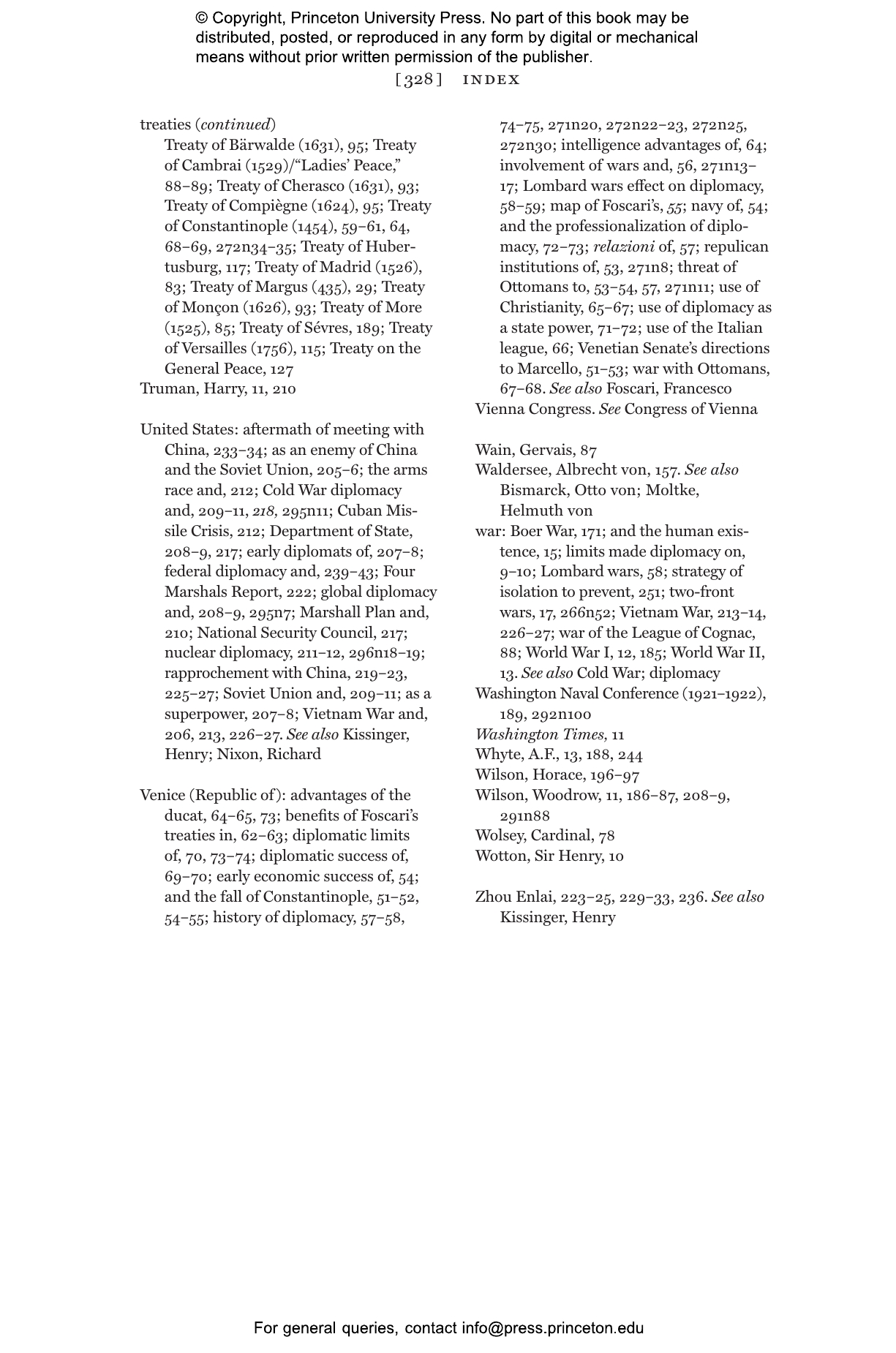From the beginning of time, human societies have found themselves confronted by enemies too numerous or ferocious to defeat solely by force of arms. In these dramatic moments, wise leaders have turned to diplomacy to rearrange the gameboard in their favor and stymie seemingly unstoppable foes. In Great Power Diplomacy, American historian and diplomat A. Wess Mitchell recounts the forgotten story of how history’s most legendary empires have used diplomacy as a tool of grand strategy to outwit, outmaneuver, and outlast militarily superior opponents.
Through fifteen centuries of history, Great Power Diplomacy recreates the perilous junctures, colorful personalities, and intricate statecraft that led to some of history’s most stunning diplomatic achievements—and greatest disasters. The protagonists include giants like Richelieu, Metternich, Bismarck, and Kissinger, but also a lesser-known cast of scoundrels, eunuchs, drunkards, and fools. At every turn, fortune favored those great powers with the foresight and dexterity to build winning alliances, splinter enemy coalitions, and, when necessary, make peace with their bitterest foes.
Diplomacy of this kind has become a lost art in recent years as Western elites embraced the illusion that globalization and the spread of democracy would create a borderless world where nations would live in harmony and war would be abolished from the human story. But, as Great Power Diplomacy reveals, we will need to rediscover the secrets of skillful statecraft as the world enters an unstable new era in which continent-sized great powers compete for territory, resources, and prestige. By recalling diplomacy’s rich past, we can equip ourselves for a more dangerous future.
“An illuminating account of the possibility of great power diplomacy as an alternative to war.”—Graham Allison, author of Destined for War: Can America and China Escape Thucydides’s Trap?
“In Great Power Diplomacy, Wess Mitchell offers a powerful corrective to the current state of conducting foreign affairs, which too often relies on snap unilateral interventions, retaliatory and preemptive air strikes, and international sanctions, with little if any diplomatic or strategic considerations. Yet lasting solutions in the past were rarely achieved by any of those means. Through a variety of historical episodes, Mitchell shows that, more often, enduring peace and—if it came to war—military success followed classical diplomacy, including the lost art of realist assessments of the strength and intentions of enemies, crafting temporary coalitions, forging lasting alliances, and balancing power among the great nations. A comprehensively researched, livelily written, and timely antidote to the current age of wars that have brought us no peace, and ‘peace’ that brought us only war.”—Victor Davis Hanson, author of The Second World Wars: How the First Global Conflict Was Fought and Won
“In his ambitious and wide-ranging book, Wess Mitchell recalls a Cold War adage that Americans ‘look upon diplomacy as the antithesis of conflict’—an absence of war—whereas, he argues, ‘diplomacy has from the beginning been an integral part of conflict, and therefore of strategy.’ In his assessments of masters of statecraft from Richelieu to Metternich, and from Salisbury to Kissinger, Mitchell is erudite and judicious, but also highly readable. His insights have a relevance that extends far beyond today’s U.S. foreign policy into the broader realms of strategy and the art of negotiation.”—Niall Ferguson, author of Kissinger: 1923–1968: The Idealist
“As powers contend with the consequences of today's era of geopolitical rivalry and face an increasingly dangerous world, Mitchell offers a thoughtful account of the role diplomacy has played across centuries defined by periods of sharper competition. Those seeking insights into the importance of diplomacy in our new era will find much to appreciate in this timely and well-crafted book.”—Walter Russell Mead, author of Special Providence: American Foreign Policy and How It Changed the World
“A timely and important argument for the necessity of diplomacy from a leading conservative thinker on international affairs. By using history as a mirror, Mitchell shows how diplomats can offer solutions that prevent unnecessary wars and benefit the nations they represent.”—Odd Arne Westad, author of The Cold War: A World History
“A rich and detailed account of highly instructive diplomatic turning points, Great Power Diplomacy will be reread to find something new each time.”—Edward N. Luttwak, author of The Grand Strategy of the Byzantine Empire
“Wess Mitchell has produced a richly researched and deeply humane book that makes an unanswerable case for the importance of classical and creative diplomacy in today’s world. For Mitchell, diplomacy is the ultimate political art and we marginalize it—through managerialism or faddism—at our peril.”—John Bew, author of Castlereagh: A Life
“Great Power Diplomacy is an indictment, understated but devastating, of the utopian foreign policy pursued by the United States and its allies in the post–Cold War world; an eloquent summons to the study of grand strategy and political, cultural, economic, military, and diplomatic history; and a clarion call for a return to old-fashioned diplomacy aimed at securing the survival and prosperity of one’s own political community. This book is a must-read for those in our foreign policy establishment, and it ought to be on the bedside table of the president of every American college or university that gives short shrift to political, cultural, economic, military and diplomatic history.”—Paul A. Rahe, author of The Grand Strategy of Classical Sparta: The Persian Challenge
“Wess Mitchell’s book continues his fine tradition of writing perceptively and realistically about the confluence of history, diplomacy, and geopolitics.”—Robert D. Kaplan, author of Waste Land: A World in Permanent Crisis


